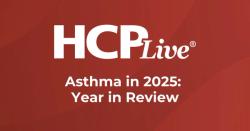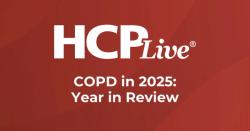
OR WAIT null SECS
The Effect of Haloperidol as Treatment for Delirium Among Patients in the ICU
The primary outcome was the number of days alive and out of the hospital at 90 days after trial initiation.
In a new study, haloperidol was investigated for its impact on delirium in patients being treated in the intensive care unit (ICU) and ultimately showed that it does not lead to a greater number of days alive. The antipsychotic compund is commonly used to treat delirium in the ICU but the evidence on the treatment is limited.
According to the study, delirium is defined as an acute disturbance in attention and awareness, often indicating acute brain dysfunction among patients who are critically ill. Specifically in the ICU, its estimated to affect 30%-50% and is associated with an increased morbidity and mortality.
The Intervention
Nina Andersen-Ranberg, MD, Department of Anesthesiology and Intensive Care, Zealand University Hospital, and investigators conducted a multicenter, blinded, placebo-controlled trial, and randomized 1000 patients to receive intravenous haloperidol or placebo. Patients included in the study were admitted to the ICU with an acute condition and were actively experiencing delirium.
Those in the intervention group were administered 2.5 mg 3 times each day and then 2.5 mg as needed up to a maximum of 20 mg a day for as long as patients experienced delirium. The primary outcome was the number of days alive and out of the hospital at 90 days after trial initiation.
Of the 1000 patients in the study population, a total of 987 were included in the final analyses, with 501 in the haloperidol group and 486 to the placebo group. Data regarding the primary outcome were available for 963 patients.
The Results
Patients who were treated with haloperidol did not have an increased amount of days alive compared with those that received placebo. The mean number of days alive and out of the hospital was 35.8 at 90 days in patients treated with haloperidol, 32.9 days in those treated with placebo, which did not exhibit a significant difference between groups.
Mortality in the haloperidol group was 36.3%, compared with 43.3% in placebo. It was reported that 11 patients who received the treatment experienced serious adverse reactions, while 9 patients experienced serious adverse reactions in the placebo group.
"In this multicenter, blinded, randomized, placebo-controlled trial involving adult patients with delirium in the ICU, we found that the number of days alive and out of the hospital at 90 days did not differ significantly between the haloperidol group and the placebo group," investigators concluded.
The study, "Haloperidol for the Treatment of Delirium in ICU Patients" was published in the New England Journal of Medicine.


